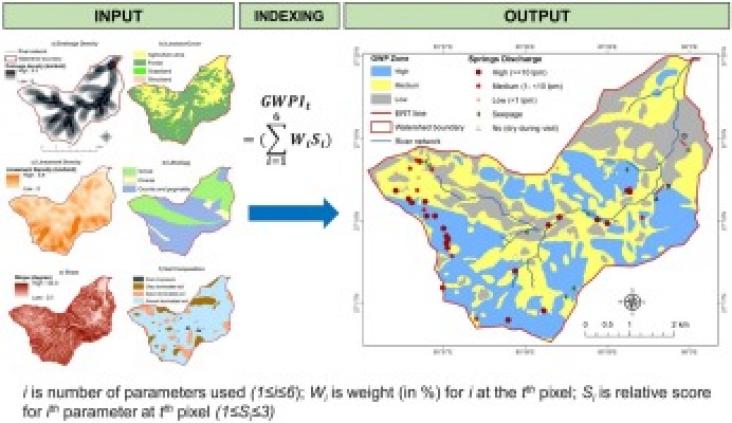Elsevier,
Clean Energy and Resource Recovery. Wastewater Treatment Plants as Biorefineries, Volume 2, 2022, Pages 301-314
This chapter advances SDGs 6 & 7 by examining the potential for wastewater to be converted into a renewable fossil-fuel alternative.
Major challenges faced by the human population in recent times include population increase, resource depletion and deterioration of environmental quality.
This paper explores a customary system of water governance in Ghana.

COP26 is the 2021 United Nations annual climate change conference. COP stands for Conference of the Parties.
Looks at the links between sustainability of water in mountainous areas and sustainability.

This study applies a two-step validation method of a groundwater potential mapping approach and can improve groundwater mapping for data scarce regions.
In an urbanized catchment, land use has a strong effect on water quality. The majority of the landscape metrics are correlated with Ave River Basin water quality. Water quality is dependent on landscape planning. Ave River Basin requires landscape intervention to restore hydric resources.
This study provides new insights into the potential use of machine learning in hydrological simulations.
This chapter contributes to SDG 6 by introducing technologies for water desalination.
This paper touches upon virus removal technology for groundwater remediation.
